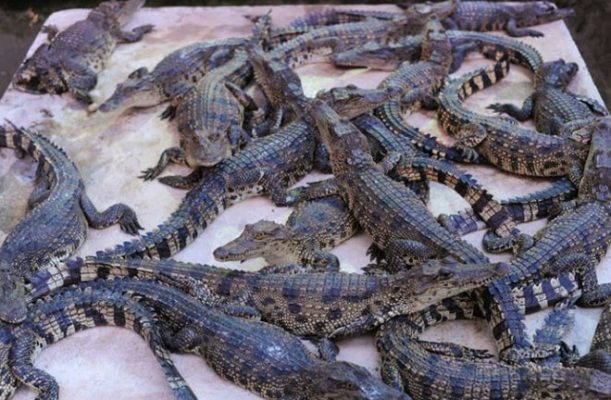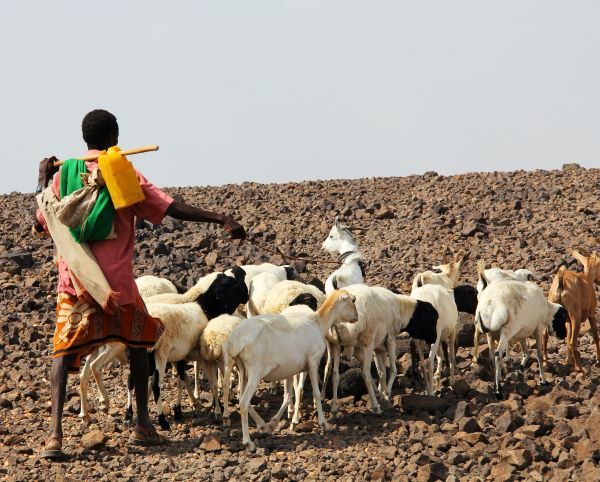A new farming venture, commercial game farming, has emerged in Zambia resulting in sustainable economic development, and it has shown immense potential to create sustainable employment, reduce poverty, and help conserve wildlife.
According to the Wildlife Crime Prevention, although commercial game is not really new, given the industry has been around for several decades, it is being seen through a new lens.
“Traditionally most Zambian game farms are side-lines to large-scale commercial arable or cattle farms. This is in great contrast to other countries in the region where game farming is booming. South Africa, Namibia and Zimbabwe have thriving industries that provide live animals and meat for sale,” Wildlife Crime Prevention said.
It said in a 2013 report for the Wildlife Producers Association of Zambia, Peter Lindsey estimated that game ranching, crocodile farming and the game capture and trading industries in Zambia have a combined turnover of approximately US$15.7 million per annum.
“While that might sound like a lot, there is a lot more potential in Zambia for game ranching. The report also stated that game ranching provided more income per kilogramme of biomass than livestock farming. Further, game ranching allows for the utilisation of marginal lands and provides a buffer against drought and climate change, something that Zambia is currently experiencing.”
Wildlife Crime Prevention said game farming had an immense potential for growth in Zambia.
“Zambia has a relatively small but highly urbanised population. This provides large tracts of underutilized land most of which is not suitable for livestock farming but ideal for game. As climate change causes changes in temperature and rainfall patterns, many farmers are rethinking their agricultural practices.
“Income from game ranching is predicted to be less affected by climate change than livestock farming and may thus provide a buffer for global negative climate change effects.
“Due to endemic foot-and-mouth-disease status, the export of beef and other livestock products to the European Union is challenging for Zambia, whilst focusing on a domestic game market in Zambia could potentially do away with the stringent and often expensive veterinary controls that limit wildlife-based land uses in South Africa, Namibia and Botswana,” it said
The organisation added the difference between Zambia and the countries that are making fortunes from game farming is that Zambia has been losing its wildlife to illegal, unsustainable and unregulated industries like poaching and the illegal bush-meat trade for years.
“Knock on any door in Zambia and you will likely find someone who consumes game meat. Zambia has a significant market for game meat that is currently being provided for by bush-meat which is illegally and unsustainably sourced.
“It is an undeniable fact that Zambians love game meat. It has always been an important part of the diets of many as it is thought to be tasty and has cultural connotations. This has created a high demand that has sadly only been met so far by a small supply of legal game meat. Ian Robinson revealed that Zambia’s game meat demand is 10 times the current legal supply.”
Wildlife Crime Prevention said, therefore, game farming poses an opportunity to create a supply of game meat that is legal, fit for consumption and most importantly, sustainable.
“If properly marketed, legal game meat can quickly win the hearts of many, after all, Zambians rightly love a trusted source. To this effect, the Department of National Parks and Wildlife (DNPW) in collaboration with Wildlife Crime Prevention (WCP) is currently running a campaign dubbed: ‘This Is Not A Game’, which is meant to sensitize the public on the dangers of illegal bush-meat as well as to point consumers to the right sources of legal game meat.









